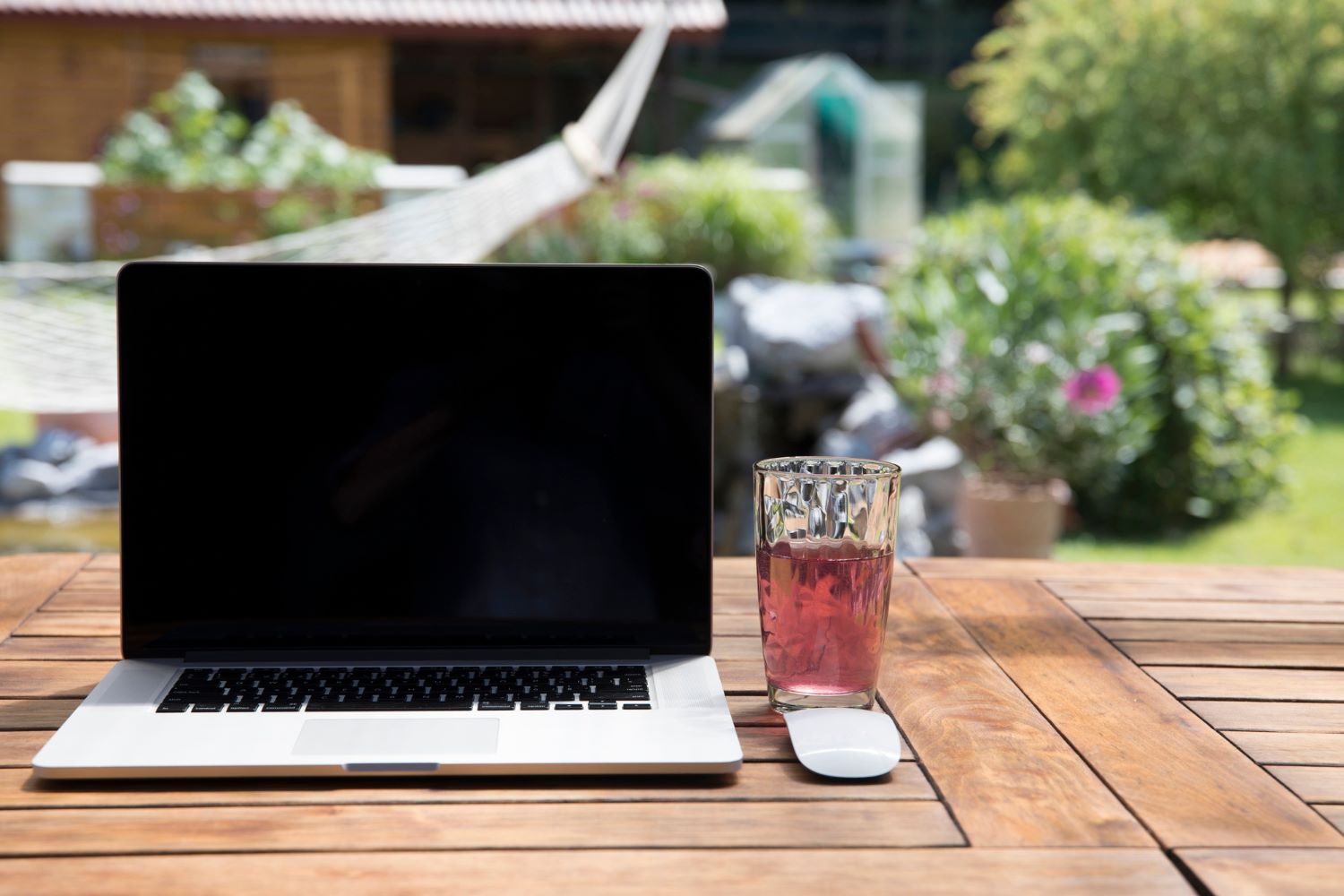The connection between hydration and health is often underestimated. Yet, staying adequately hydrated plays a central role in everything from digestion and cognitive clarity to glowing skin and sustained energy. In today’s fast-paced world, it’s all too easy to reach for another coffee or energy drink and overlook the simple, powerful impact of water.
At New Vitality, I focus on whole-person health, helping clients reconnect with their bodies and daily habits, including hydration. Whether you’re navigating work stress, parenting fatigue, or health changes, understanding your body’s hydration needs can be a game-changer.
Why Hydration Is Crucial to Wellness
Water is essential for every cell, tissue, and organ in your body. Here’s how hydration supports your health:
- Energy levels: Dehydration is a hidden culprit behind fatigue. Even mild dehydration can slow down metabolism and leave you feeling sluggish.
- Skin health: Hydrated skin appears plumper and more radiant, while dehydration can lead to dryness and irritation.
- Digestion and detoxification: Water helps break down food, absorb nutrients, and eliminate waste efficiently.
- Mental clarity: Proper hydration enhances focus, concentration, and mood regulation.
- Circulation and temperature regulation: Water helps maintain blood pressure and keeps you cool.
Signs You May Be Dehydrated
- Headaches
- Dry mouth or eyes
- Low energy or irritability
- Constipation
- Dizziness or light-headedness
If these symptoms sound familiar, it may be time to evaluate how much water you’re really drinking each day.
How Much Water Do You Really Need?
There’s no one-size-fits-all answer, but a good starting point is 1.5 to 2 litres of water per day, more if you’re active or live in a warm climate. If you struggle to meet this target, try these strategies:
- Start your morning with a glass of water before coffee or tea.
- Carry a reusable water bottle as a visual reminder.
- Infuse water with lemon, cucumber, or mint to add flavour.
- Pair water-rich foods like cucumbers, berries, and leafy greens with meals.
Want to go a step further? My services are designed to support sustainable health habits, hydration included.
Hydration, Mood, and Blood Sugar
Your hydration levels also affect blood sugar regulation and emotional resilience. Dehydration can intensify sugar cravings and mood swings, making it harder to maintain balanced eating habits. In our nutritional therapy programmes, we explore this connection and use tools like blood sugar tracking and lifestyle mapping to build sustainable routines.
Supporting Hydration with Whole Foods
You don’t need fancy drinks to stay hydrated. In fact, overly processed “hydration” products may do more harm than good. Opt for water and water-rich foods like:
- Courgettes
- Celery
- Berries
- Watermelon
- Spinach
You can also grow fresh produce at home with a Tower Garden, a sustainable solution for getting more greens and water-dense foods into your meals.
Hydration in the Workplace
Hydration is often neglected in busy environments, especially offices. Our corporate wellness services include educational sessions that help teams prioritise habits like hydration to boost focus, energy, and morale.
Rebuild Your Routine
Reconnecting to your hydration needs is one of the simplest ways to take control of your health. Whether you’re experiencing fatigue, dull skin, or frequent cravings, drinking more water can help, and it’s free.
Want personalised help identifying where your hydration, nutrition, and energy might be falling short? Explore my approach on the About page or get to know my philosophy.



